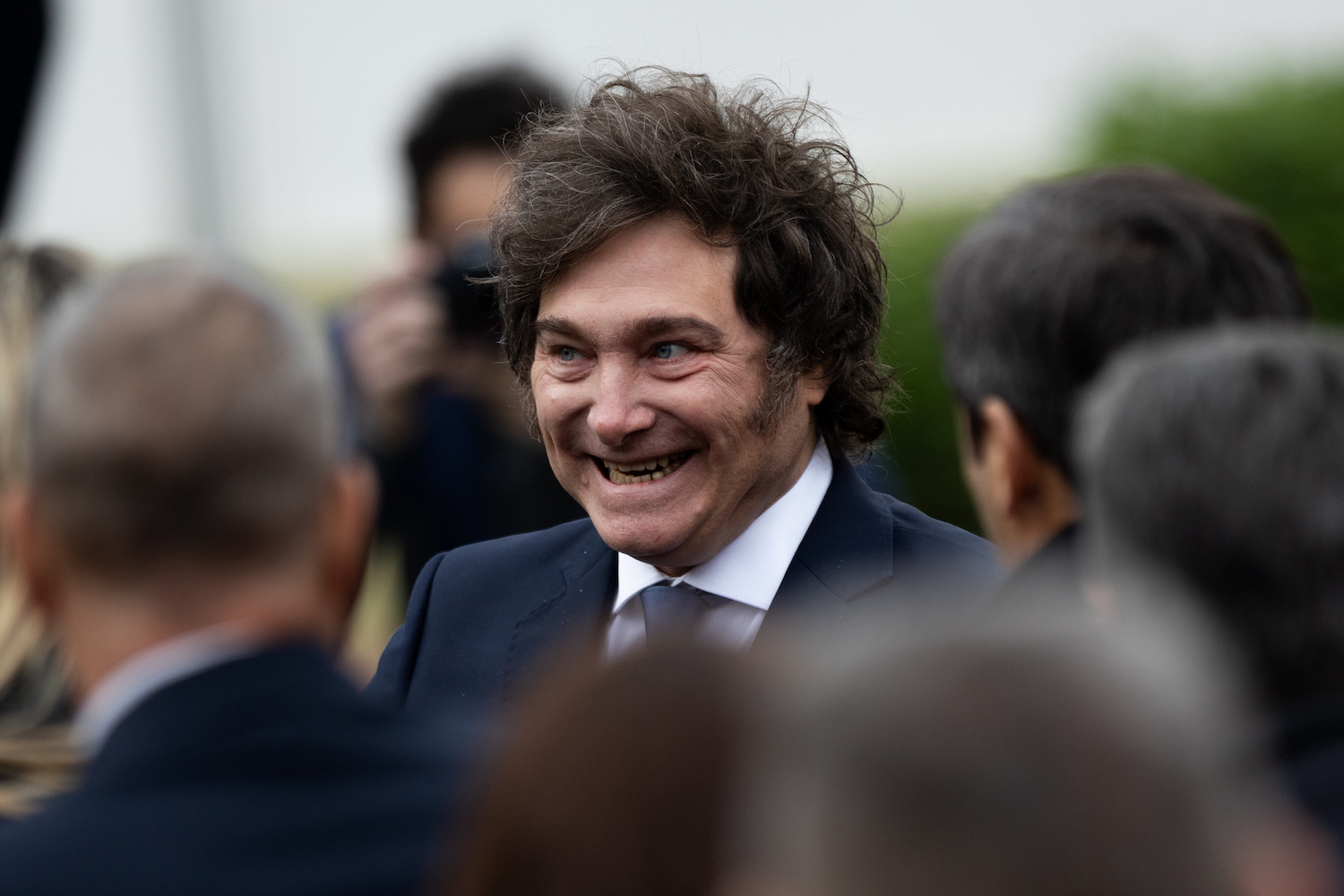In Ted Gioia’s latest at his excellent newsletter The Honest Broker, he remembers when “poets and musicians were sought out by witches and wizards for guidance.” Why? Because they could “rhyme either man or beast to death.” More:
As the Pied Piper tale makes clear, not just rodents, but people were also at risk. In Reginald Scot’s Discovery of Witchcraft (1584), we are told that the Irish feared those who “can rhyme either man or beast to death.” In his An Apology of Poesy (1595), Philip Sidney draws on this legend in warning those who criticize the poet’s craft, but again notes that murder by rhyming was practiced solely in Ireland.
Some will even tell you that this tradition was kept alive by the two most famous Irish literary masters of the early twentieth century, James Joyce and William Butler Yeats — but by the time they walked the streets of Dublin, this technique was more a matter of taunting or cursing invective.
Today we think of poetry as offering some therapeutic benefit or leading to some political change, but there is a kind of magic in words that isn’t exhausted by these two options. Gioia continues:
In discussing the “Irish penchant for cursing,” scholar Thomas Waters cautions us that this is not the same thing as “swearing.” These curses are, rather, “maledictions for smiting evildoers.” The practice was so widespread, that Ireland’s parliament outlawed it in the Oaths Acts of 1635 and again in follow-up legislation from 1695 — which specified that those who didn’t pay the fines were subject to whipping or pelting in the stockade. Yet even priests were guilty of this sin. According to a 1786 injunction from the Catholic bishops, “the most shocking curses and imprecations were delivered regularly from the pulpit.”
In other news
“When did pop culture stop being fun?” Alexander Larman wonders: “Perhaps it is a reflection of our society. Humor’s potential to offend people has never been so great, and livelihoods and careers can be destroyed in an instant. While few care about the multimillionaire comedian or film star whose unguarded actions lead to their downfall, there is something deeply depressing about the thought that once-acceptable shows and films could now be verboten.”
“Only the art world could have been fooled by Anna Sorokin for so long,” Gabrielle Schwarz writes: “Here is a top tip, for if you ever want to trick people into thinking you’re a rich German heiress and then scam them out of thousands of dollars: know a lot about art. This is particularly important if, like Anna Delvey (real name: Sorokin; actual birthplace: Russia), you are borrowing money to realise your vision for a visual arts centre-cum-private club with locations around the world, starting with Manhattan.”
Mark Bauerlein revisits theory’s heyday:
The common premise of the “summer of theory” was that revolutionary action was impossible without a sufficient theoretical preparation, which required the dissemination of books. In 1965, Adorno inverted Marx’s famous thesis on Feuerbach: “One reason why [the world] was not changed was probably the fact that it was not interpreted enough.” At a meeting of German student socialists in 1962, a leader had answered Lenin’s question, “What is to be done?” with: “Work on theory.” As Felsch reports, Althusser, too, believed that “the real revolution takes place in the formation of theories.” Althusser’s student, the Maoist Jacques Rancière, declared, “Without revolutionary theory there can be no revolutionary practice.” The collective’s motto: “We try to think through the work we do with our hands, and get our hands dirty with theory.” I remember that heady atmosphere in the eighties, when an essay entitled “Against Theory” could become an exciting topic of debate and the phrase “The Triumph of Theory” would be the title of an MLA Presidential Address. Everything, it seemed, turned on theory, learned from the masters and traced back to their forebears (Marx, Nietzsche, Freud, Heidegger). We couldn’t believe anything else.”
Christopher Sandford wonders if we are misreading Charles Darwin. I suppose it depends on who “we” is: “Both On the Origin of Species and The Descent of Man contain extended passages that acknowledge the limits of scientific theory in determining the question of humanity’s ultimate origin. These were honest doubts that many contemporary Darwinists, Wallace perhaps foremost among them, found frustrating.”
Chekhov in real life: “Chekhov’s letters, where he could be private and intimate, contrast quite a lot with the fiction (he wrote several hundred short stories, only — comparatively only — a half-dozen full-length plays). In correspondence, he tried to break down any formality; he almost always joked with people from the first letter to the last. He frustrated girlfriends by his reluctance to get serious (Must you always tease and kid?).”

























